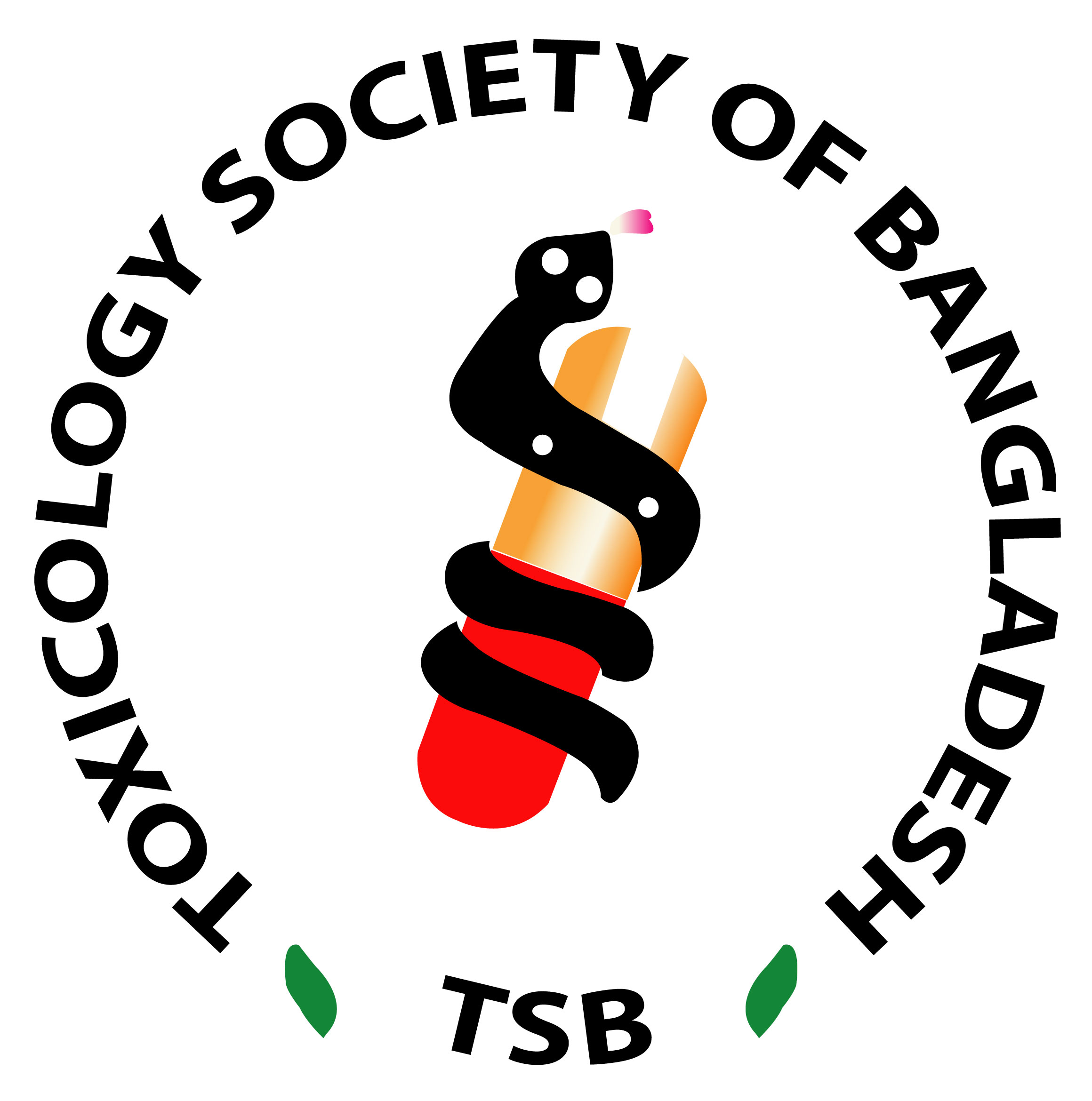
History
The Toxicology Society of Bangladesh (TSB) was founded in 2008 by a dedicated group of physicians united by a shared commitment to advancing the science and clinical practice of toxicology. Since its inception, TSB has grown into the country's leading clinical toxicology platform, playing a central role in research, treatment protocols, and policy development in toxicology and snakebite management.
Under the visionary leadership of Professor M A Faiz, TSB has built a national and increasingly global reputation for evidence-based clinical research and impactful public health initiatives. The Toxicology Society of Bangladesh (TSB) is guided by a distinguished group of professionals who bring expertise, leadership, and dedication to the advancement of clinical toxicology in the country. The advisory panel includes Prof Md Mahmudur Rahman, Director of Disease Control, Prof Abul Kashem Khandakar, and Prof T.C. Das, whose guidance has been invaluable in shaping the organization’s direction and policies. The Vice Presidents of TSB, Prof Md Zakir Hossain and Prof Habibuzzaman, contribute strategic leadership and support in program development. Financial oversight is managed by Prof Md Ridwanur Rahman, serving as Treasurer. At the core of the organization’s operations is Prof Md Robed Amin, Director of the Non-Communicable Disease Control (NCDC) unit at DGHS and the General Secretary of TSB, whose efforts have significantly strengthened TSB’s research and national impact. Supporting him are the Joint Secretaries, Prof Aniruddha Ghose and Dr Ariful Basher, who facilitate coordination and implementation of various initiatives. Dr Abdullah Abu Sayeed serves as the Organizing Secretary, playing a key role in managing events and outreach, while Dr Fazle Rabbi Chowdhury, the Scientific Secretary, leads research coordination and knowledge dissemination efforts. Together, this leadership team continues to drive TSB’s mission forward with commitment and vision.
TSB was established in 2008 as the first national platform dedicated to clinical toxicology in Bangladesh. Since its inception, the organization has made significant contributions, including playing a key role in developing the National Guidelines for Organophosphorus Compound (OPC) Poisoning management. It later launched and led the largest clinical trial on OP/Carbamate poisoning, which initially began across six study sites and was subsequently expanded to nine sites. TSB expanded its operations to ten active study sites across the country. More recently, the organization initiated a major multi-site project on methanol poisoning, supported by the National Institute for Health Research (NIHR), which is currently active in five locations. In parallel, TSB has also launched another significant initiative titled "Poisoning and Envenomation in Bangladesh – A Multicenter Hospital-Based Observational Study", which is currently being conducted across ten active TSB study sites. This ongoing study aims to systematically gather comprehensive national data on various types of poisoning and envenomation, helping to strengthen Bangladesh’s capacity to respond to toxicological emergencies and inform future public health policies and clinical management strategies. TSB continues its efforts through ongoing research and comprehensive national data collection on various types of poisoning, strengthening Bangladesh’s capacity to respond to toxicological emergencies.
TSB’s work continues to shape national protocols and improve patient outcomes in toxicology emergencies. With its network of 10 clinical sites and collaborations with government health bodies and international partners.
